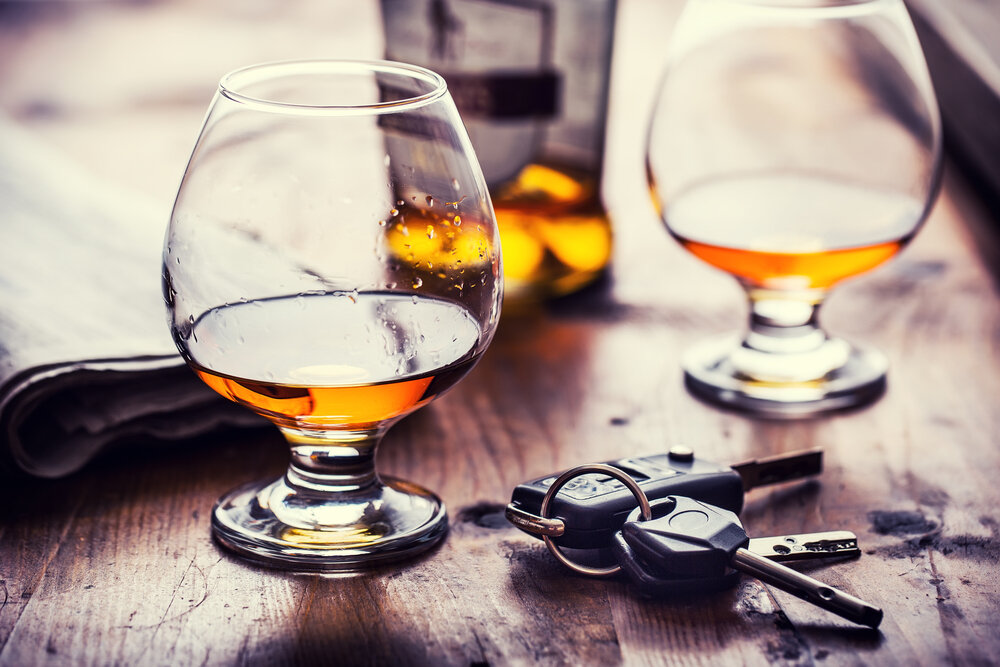
DUI Crimes FAQs
How many drinks does it take?
Everybody has a different tolerance level, which varies according to multiple factors. For example, individuals with a lower percent of body fat are more likely to become intoxicated faster. As a good rule of thumb, if you’re going to drink, you should not drive, and if you’ve been drinking in the Denver area, we suggest you call a taxi to get you home safely. However, mistakes do happen, and if you are pulled over and risk being charged with a DUI, make sure to call an experienced lawyer right away.
I was pulled over in Colorado: Now what?
If you get pulled over, it’s important that you are polite, respectful and cooperative with the police officer. If you’re asked to do a roadside sobriety test, you should refuse or remain silent. This is a voluntary test, and most likely, the roadside test will produce evidence that will be used against you in court. If you decide to refuse a test, make sure you politely decline. We encourage you to reach out to a lawyer right away so that we can analyze the situation and figure out the best advice.
If pulled over, do I need to take the field sobriety test?
No, you don’t have to take the field sobriety test. This is a voluntary test, and most likely, the roadside test will produce evidence that will be used against you in court. If you decide to refuse a test, make sure you politely decline. We encourage you to reach out to a lawyer right away so that we can analyze the situation and figure out the best advice. There’s no way to ensure that the field sobriety test is being performed properly, so it’s important to remember that it is entirely voluntary, and you do not have to take it. There is no negative effect to refusing to take a voluntary test.
If pulled over, should I agree to a Breathalyzer test?
TIf you get pulled over and are at risk for receiving a DUI, you can refuse a Breathalyzer test. Tell the officer that you would prefer a blood test. A Breathalyzer test isn’t the most reliable rest, and additionally, that there is no way of retesting it; when you blow into a Breathalyzer machine, the sample disappears because you cannot capture breath. This means that there is no way for your attorney to retest it, which is helpful in determining whether or not the test was faulty. With a blood test, on the other hand, the state has to keep your blood in a lab, and then it can be retested.
How do you get charged as an HTO (habitual traffic offender)?
There are three main ways to be charged with HTO: There are three main ways to be charged with HTO:
- Anybody who is convicted of three or more major offenses within a seven-year period faces a charge for HTO. It is important to keep in mind there is a difference between moving violations and traffic misdemeanors, like DUI charges.
- Anybody who has ten or more separate convictions for traffic offenses within a five-year period. These convictions must be violations of four points or more.
- Anybody who has eighteen or more separate convictions for traffic offenses within a five-year period. These convictions must be violations of three points or more.
My license is getting suspended, what do I do?
You have seven days to request a hearing with the Colorado Department of Motor Vehicles to challenge your driver’s license suspension–so it’s important to act quickly. After your first DUI conviction, you license may be suspended, but it is possible to apply for early reinstatement.Where do I go from here?
If you’re getting charged with a DUI or a DWAI, you should immediately hire an attorney who knows how to protect your driver’s license and can help you avoid costly charges. If it’s your first DUI, we recommend fighting it with a DUI attorney. Don’t just automatically take a plea deal. It’s important to get a good attorney who knows and understands the law.
